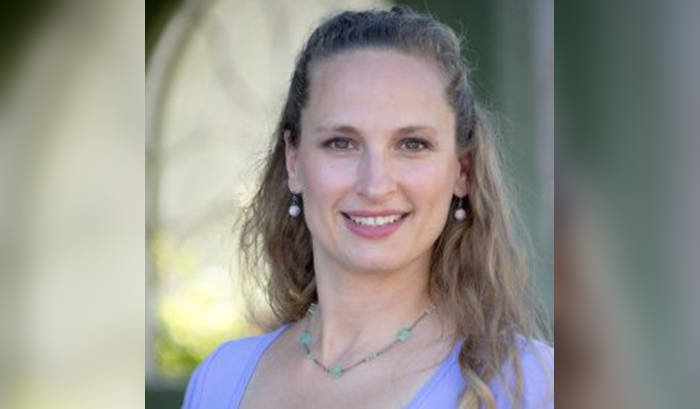Third in a series.
Re: “How to Maximize Learning Skills”
Prof. Kelly Kent, education expert and a contender in the Nov. 3 School Board election, was in the process of explaining an effective teaching approach to a classroom of 25 with, say, five different learning levels.
One of the unique delights of interviewing her was that she seems to frolic in theory.
Here was a tempting playground for the professor of neuroscience.
“The only solution to 25 students, if you have no other adults,” said Dr. Kent, “is to have kids work in small groups. That is why inquiry base learning projects, base learning, is really important.
“Especially with limited funds and resources because students themselves are capable of so much themselves, simply by asking questions.
“As for what the group would look like, you could do it two ways:
“You could have each group represent one of the five learning levels.
“Or you could have a model where they are grouped according to their learning capabilities.”
Ideally, said Dr. Kent, “just because I am improvising now, I, as a teacher, would try both, and see which one works out better.
“I know that often kids who are considered gifted – I am not in love with that term but let’s use it because it is simple…”
Dr. Kent’s interrogator interrupted.
Why don’t you like “gifted”?
“Because I don’t like labeling the students,” she said. “For the students, the label ends up being something they see themselves as. Then they aren’t able to see beyond the label. In particular with gifted kids, it makes them think that if anything is challenging, it means suddenly they are not smart, suddenly they are not gifted, and that can be a problem.”
(To be continued)

